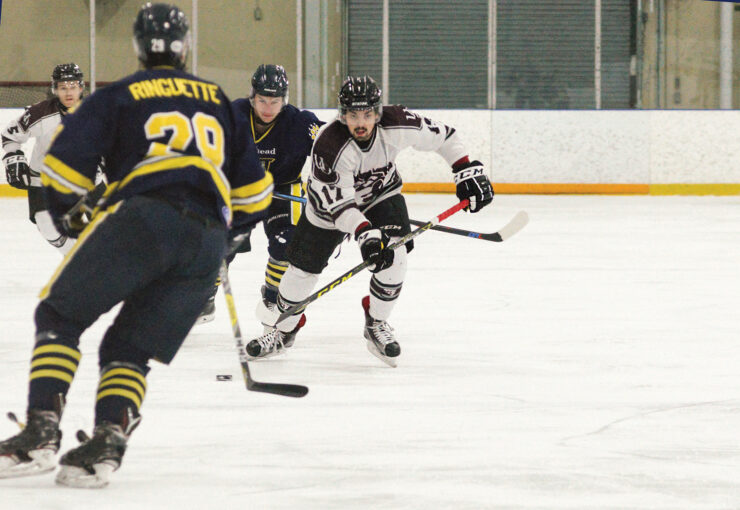Jobin demystifies pomp and prestige of life as Ambassador
On Feb 16, Stéphane Jobin was named Ambassador to the Federal Democratic Republic of Ethiopia and permanent observer to the African Union. The Fulcrum spoke with the U of O alum to discuss insights into his 30-year career in global affairs.
Born in Burundi to Canadian volunteer teachers, Jobin’s global affairs training began on Canadian soil at the University of Ottawa where he studied law from 1986 to 1990. During his time at the U of O, Jobin participated and worked for internship programs that supported students in search of a global experience in a period that predates the advent of the internet.
“I sent my first email from a computer at the University of Ottawa,” Jobin recalled to the Fulcrum.
As a young law student, Jobin participated in the Japan Exchange and Teaching Program [JET], an international exchange between Canadian and Japanese students. He also worked at the ‘College Station’, an on-campus initiative that communicated information on work or study abroad opportunities to students interested in international relations.
“That’s what got me connected to international relations,” Jobin said.
As a law student at the University of Ottawa, Jobin won the Matthieu-Bernard International Law Essay Competition, organized by the Société Québécoise de Droit International (SQDI), for a dissertation in which he defended the contemporary relevance of Canadian-Indigenous federal treaties in international law.
His research brought him to the Inuit communities of Nunavut, which he says exposed him to a different reality and felt “a bit like visiting a foreign country”.
“It made me feel like we need to make a lot of progress with the Indigenous communities in Canada.”
“[The experience] helped me better understand the complexity of the legal relationship with Indigenous peoples,” Jobin said.
Upon graduating and passing the Quebec bar in 1990, Jobin worked as a lawyer for a short period before transitioning to public affairs. He has since worked on transnational and trade relations at the United Nations and national embassies in Japan, China, Russia, and the United States, and now Ethiopia.
His prior legal training and intercultural immersion helped prepare him for the role of ambassador, which sees him mitigate legal issues, business agreements between transnational companies, and funding for non-governmental organizations.
Jobin recently met up with the head of a local NGO to discuss Canada’s large development program in Ethiopia. The week before that, he attended a discussion between Prime Minister Justin Trudeau and the Prime Minister of Ethiopia Abiy Ahmed on Canada and Ethiopia’s bilateral relations in light of the COVID-19 pandemic and the recent conflicts that erupted in Ethiopia’s Tigray region.
Despite his valuable legal qualification and international experience, Jobin says the field of global affairs is opening up to candidates with a variety of skillsets.
“There used to be a tradition of [hiring] lawyers and economists, but that time is long gone.”
Jobin remarks that in a globalized world, more and more governments and companies are looking for representatives abroad, both in the public and private sector. Today, to work at an embassy or in global affairs anyone can apply. “It’s very diversified,” Jobin mentions.
As a general rule, it’s important to “be effective” but more than that it’s important to “understand the culture”. His first time working in an embassy, he dedicated two years to learning Japanese and navigating the cultural cues in a foreign setting.
Apart from his native French, Jobin speaks English, Russian, Japanese and is in the process of learning Amharic for his recent appointment. Still, during his extensive career abroad, Jobin managed to maintain a strong tie to Canada.
“An embassy is an extension of the government abroad … we work with the local governments to defend Canadian interests.”
Being an ambassador requires one to become an official representative, a special envoy and an advocate above all.
For prospective global affairs workers, Jobin says to “be an activist, in any way you can.”





